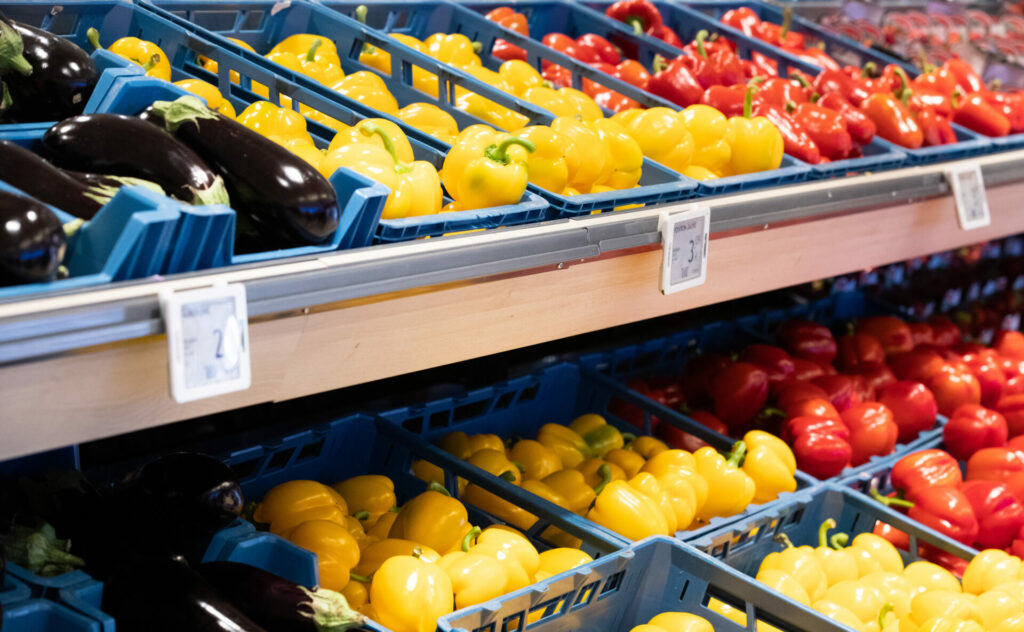The food industry has been given a month by the Federal Government to lower supermarket prices, which have remained high despite the drop in the cost of commodities.
The hike in the price of an average shopping trolley in Belgium last year was so dramatic, it had people choosing between switching on their heating or eating and forced households to restructure their eating habits. Yet, the price of many products such as cereals, milk and vegetable oil fell worldwide several weeks ago, as have energy prices, but supermarket prices have not followed.
In response to this ongoing delay, and with supermarkets having profited extensively from these crises, the Belgian Minister of the Economy Pierre-Yves Dermagne announced on Wednesday he expects food producers to reach an agreement on bringing down supermarket food prices by mid-July at the latest.
"I have asked industry players to anticipate the renegotiation of prices in shops, the chain negotiation that takes place annually. It is not acceptable that when prices fall, consumers have to wait months before feeling the effects in the shops," he said in a statement.
Naming-and-shaming companies
The announcement followed a meeting with the Federation of the Belgian Food Industry (Fevia) in the presence of the Prices Observatory – in charge of analysing the evolution of prices as well as the functioning of the market – which focused on finding solutions to bring down food prices in Belgium as soon as possible.
Dermagne stressed that he will be particularly vigilant over large price differences between Belgium and its neighbouring countries, adding that monthly monitoring by the Prices Observatory will allow progress to be followed up.
As a last resort, if there is no agreement after a so-called chain consultation, Dermagne has threatened to go public with food producers who do not want their prices to fall despite falling costs. The minister informed Fevia about this on Wednesday morning.
Need for greed
Rising prices also caused resentment between supermarkets and food suppliers who have disproportionately raised their prices.
For instance, Belgian supermarket chain Colruyt and US giant Mondelez (with brands like Lu, Milka, Côte d'Or, Stimorol and Philadelphia) were at loggerheads recently after Mondelez sought to increase prices to the disagreement of Colruyt, which resulted in empty shelves.
After Dermagne's meeting with the food industry, Colruyt announced that, while it has noticed that prices have been stabilising over the last four to six weeks, it does not immediately expect price drops on its shop shelves.

